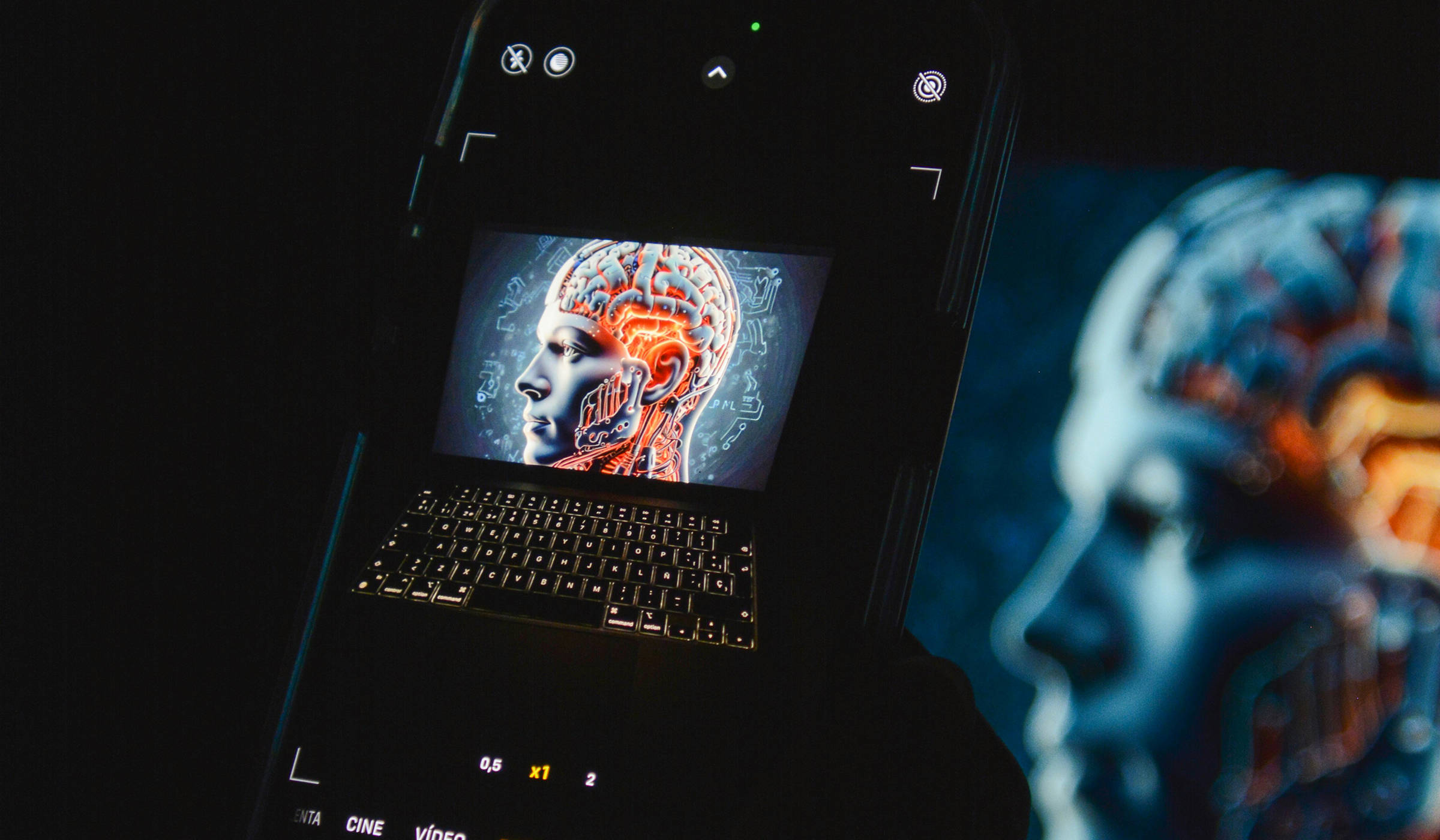
(Image Source: Unsplash)
AsianFin -- Embodied intelligence, world models, synthetic data, and other revolutionary advancements in artificial intelligence (AI) are among the major artificial intelligence trends in 2025, according to the Top Ten AI Technologies and Application Trends released by Beijing Academy of Artificial Intelligence (BAAI) on Thursday.
Wang Zhongyuan, the director of BAAI, said that AI is now at an inflection point. The accelerating advancementof large language models are heralding the arrival of the era of Artificial General Intelligence (AGI).
The integration of unified multimodal systems, embodied intelligence, and AI for science will strengthen AI’s ability to perceive, understand, and reason about the world, he noted.
These technologies will connect the digital and physical worlds, enabling breakthroughs in scientific research. Wang pointed out that BAAI, a new research institution focused on AGI, intends to ride on these top ten trends as a starting point to guide the development of AI technology, fostering collaboration across the industry.
Lin Yonghua, the vice president and chief engineer of BAAI, noted that there is shared anticipation of AI surpassing human intelligence and transitioning from the digital to the physical world. “We may take different paths to achieve AGI. The challenge lies in determining which approach will ultimately lead to AGI and how far we are from realizing this goal,” Lin said.
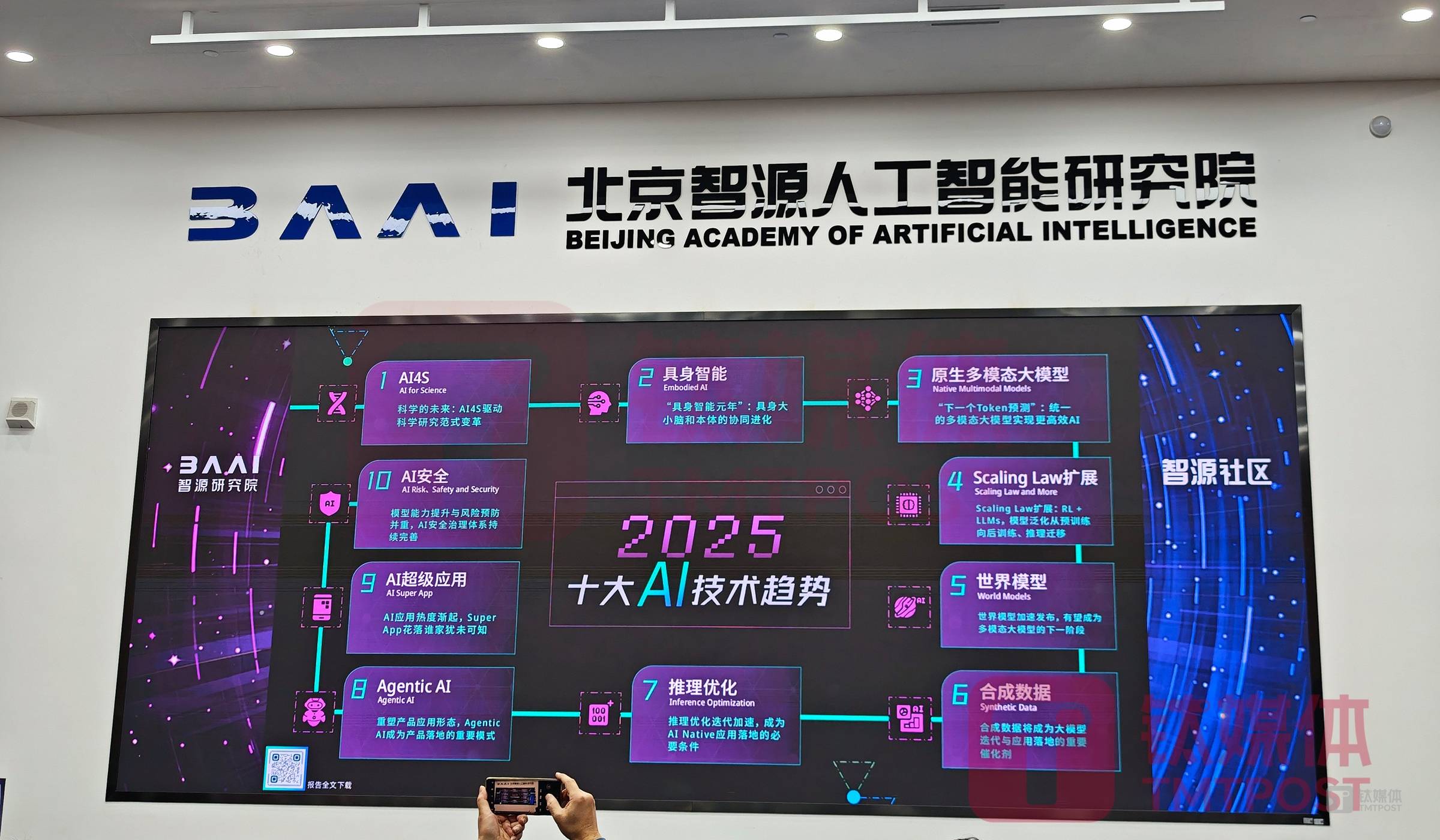
The top ten AI technologies and application trends released by BAAI are as follows:
AI for Science: Revolutionizing Research Paradigms
The first trend identified by BAAI is AI for Science (AI4S), which is set to drive a paradigm shift in scientific research. According to recent data, nearly half of researchers worldwide predict that AI will positively impact their fields. This is in stark contrast to only 28% of U.S. researchers and 41% of Indian researchers who feel the same. These figures indicate a rapidly growing awareness of AI’s positive transformative effects on research methods and processes.
AI has already started reshaping scientific research, evidenced by the granting of the Nobel Prize in Physics and Chemistry to AI-related scientists. In 2025, multimodal large models are expected to further integrate into scientific research, enabling the analysis of complex multidimensional data. These developments will point to new directions in biomedical, meteorological, materials discovery, life simulation, and energy research.
Embodied Intelligence: The Dawn of a New Era


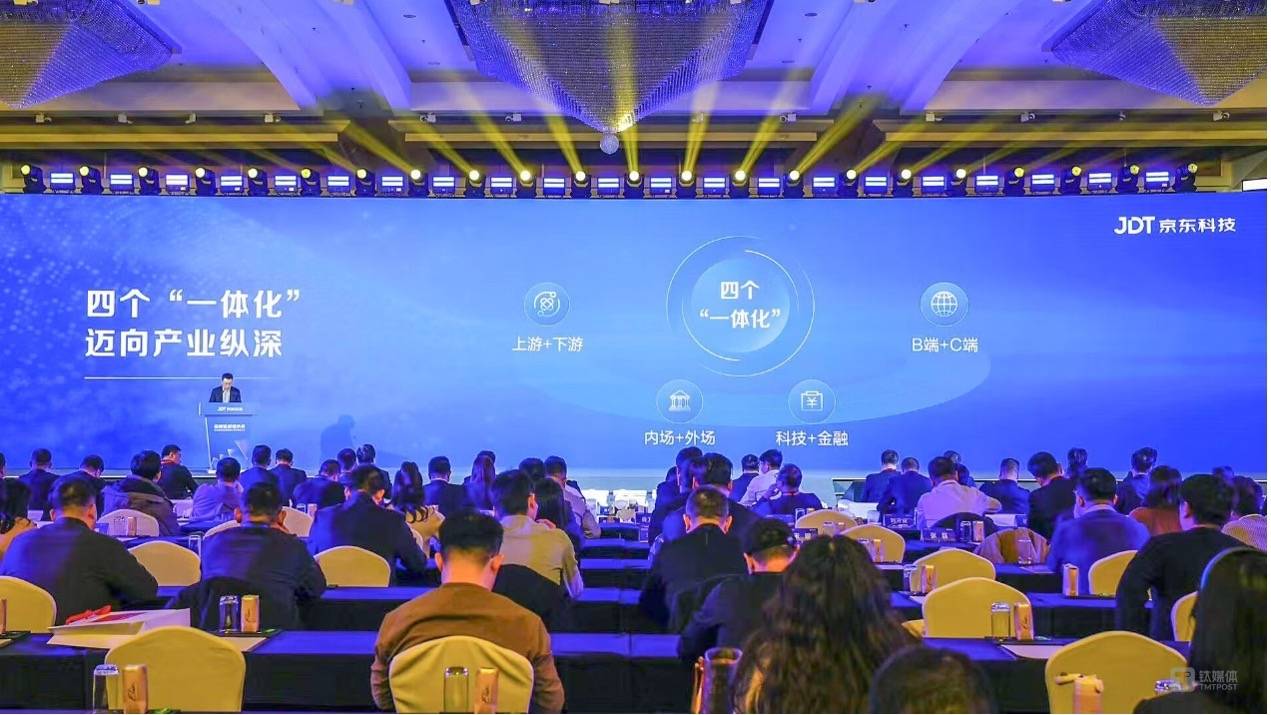

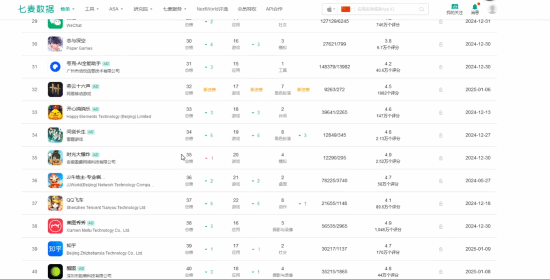

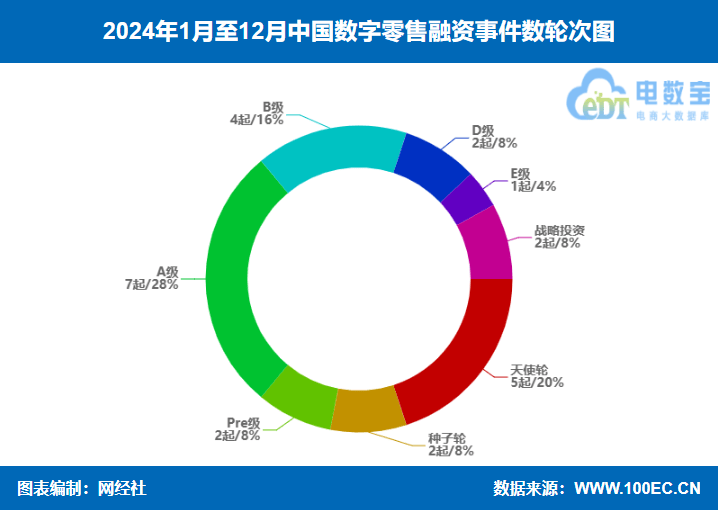



 京公网安备 11011402013531号
京公网安备 11011402013531号